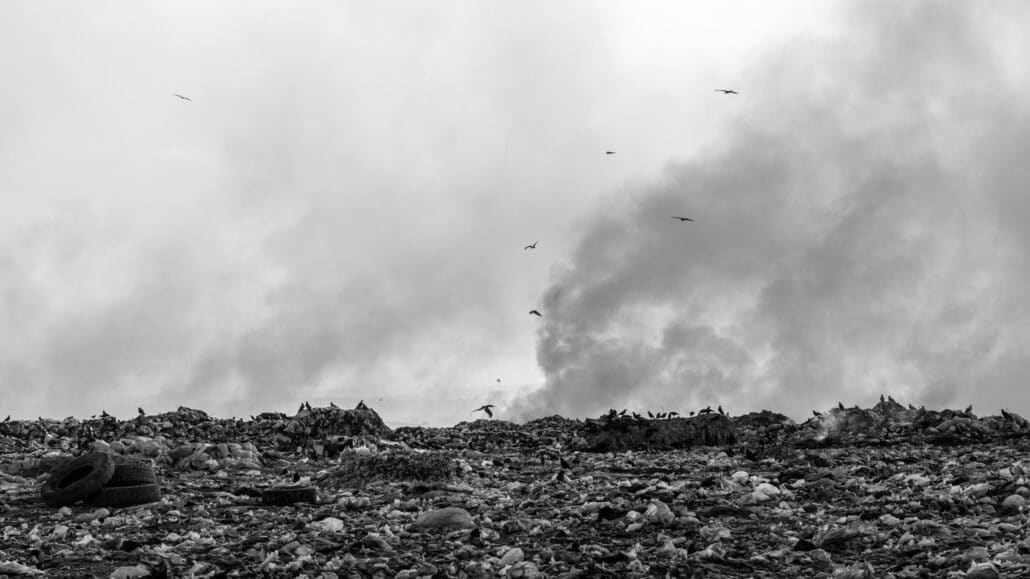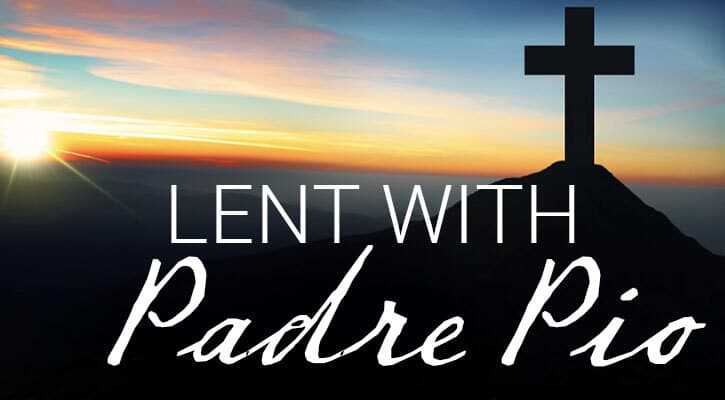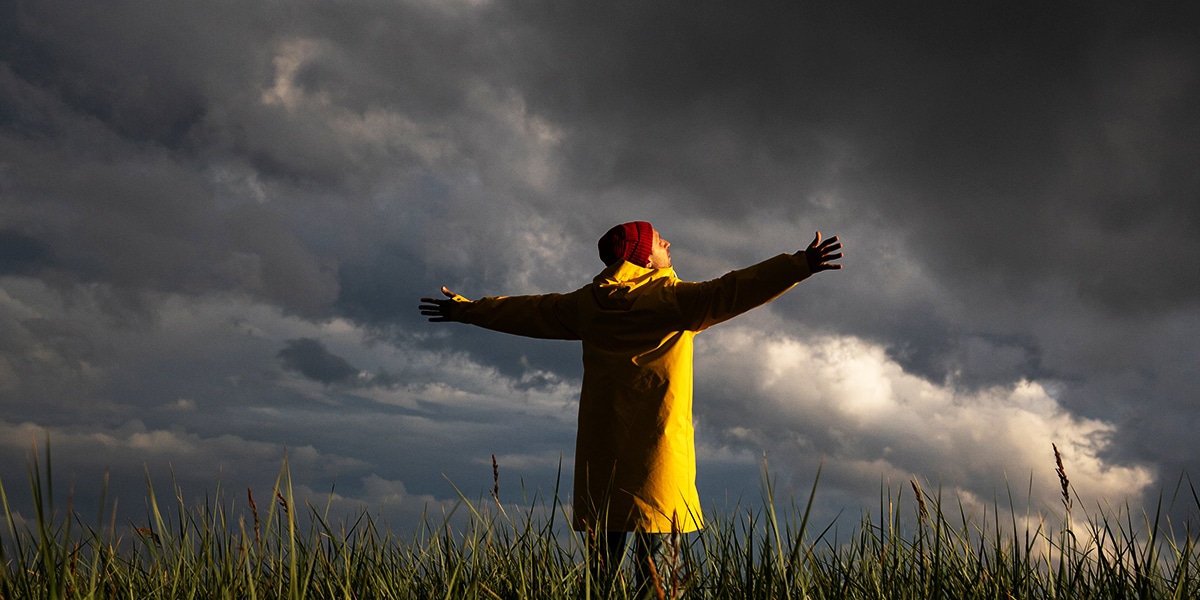Thanksgiving is a time for Americans to celebrate both food and family in our land of plenty. But what happens when plenty becomes too much, when surplus turns into waste? Our faith calls for us to live modestly, but this can be a daunting endeavor.
Consider the barrage of materialistic temptations showered upon us daily through the media. In this environment, which Pope Francis and others have referred to as the “throwaway culture,” human beings fade into a different entity: consumers. Amid the flurry of excitement the coming holidays bring, we consumers must regain our humanity and help restore it in others.
An Embarrassment of Riches
In a strange twist, food waste, a symptom of the throwaway culture, exists alongside hunger. As children, we might have heard, “Clean your plate! Children are starving in China.” And though hunger certainly is a global issue, it’s important to remember that it’s a domestic one, as well.
Seventy billion—that’s billion with a b—pounds of food are wasted in our country every year. That’s according to a report by Feeding America a nonprofit devoted to ending hunger in the United States. At the same time, 15 percent of the US population, nearly 50 million Americans, lives in poverty within food-insecure households.
On the agricultural level, food is overproduced and distributed to grocers, where a certain amount is already assumed never to make it to the customer’s table. However, once food gets to American homes, much of it will be wasted there, as well. A USA TODAY article from June 2015 reports that American households throw away $640 per year in food.
We might not have power over corporate agriculture, but we can at least monitor our own buying and eating habits a little better. If the food pantry is getting a little full, maybe it’s time to share some nonperishables with a soup kitchen or food bank. Instead of buying something “just in case,” perhaps that money saved could be donated to a hunger-relief effort.
Even refraining from throwing away extra food after dinner is a positive step.
A Dark Day
The throwaway culture extends beyond food waste and hunger. It’s a cruel irony that Black Friday, with its mad rushes for toys and electronics, is beginning to overshadow the day before—Thanksgiving—when we say thanks to God for what we already have.
Black Friday purchases often end up as gifts under the Christmas tree, to be hurriedly unwrapped on yet another holiday—one crucial to Christian identity—dwarfed to many by consumerism. The sacred, it seems, is only standing in the way of sales.
Pope Francis hasn’t shied away from weighing in on the problem. In February 2015, he said the throwaway culture was “created by the powers that control the economic and financial policies of the globalized world.” Last year at midnight Mass he said, “In a society so often intoxicated by consumerism and hedonism, wealth and extravagance, appearances and narcissism, [Jesus] calls us to act soberly, in other words, in a way that is simple, balanced, consistent, capable of seeing and doing what is essential.”
It’s telling that the pope chose midnight Mass to speak those words—as the Christmas season ended for advertisers, it was just beginning on the Church calendar. If we take the pope’s words to heart, the veil of consumerism is lifted, and our eyes are opened to the world as it really is: broken but beautiful, hurt but not hopeless.
With this new view, we’re able to see society’s wounds and take action. It’s a good and blessed thing that we will break bread and feast with our loved ones this Thanksgiving. As we put the leftovers away, let’s strive to achieve simplicity and balance Pope Francis calls for. And let’s share our nation’s cornucopia with those who need it most.








